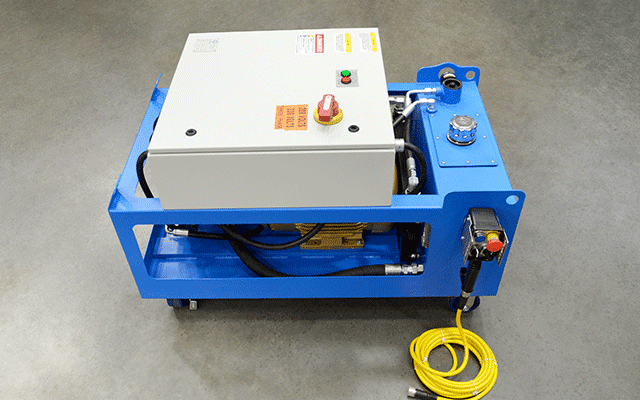Like father like son: how brain hea… – Information Centre – Research & Innovation
The groundbreaking investigation in the DEPICODE project, supported by the European Study Council, is deepening our being familiar with of epigenetics: how exterior influences these kinds of as bodily action, psychological stimulation, diet plan and strain influence how our cells go through genetic facts. Although it is greatly recognised that work out is fantastic for our brains strengthening neural connections to sharpen considering and improve memory the DEPICODE teams conclusions propose some of these added benefits can even be passed on to our little ones.
This investigation has crucial implications not only for possible parents but also for the identification of biological signatures, or biomarkers, of epigenetic modifications that can forewarn of condition, and for the development of new treatment options.
We have acquired a superior being familiar with of the epigenetic processes that regulate cognitive purpose, suggests DEPICODE principal investigator André Fischer at the German Centre for Neurodegenerative Illnesses in Göttingen.
Our facts will help to acquire therapeutic tactics to take care of cognitive ailments in two approaches: very first, by determining novel drug targets, and next, by furnishing proof that epigenetic markers could provide as suited biomarkers to assess condition hazard and initiate preventive therapies, he continues.
The teams function has previously led to just one ongoing phase 2a medical demo in Germany to assess no matter whether Vorinostat, a most cancers drug that affects gene expression, could also be a protected and helpful remedy for sufferers with gentle Alzheimers condition.
The DEPICODE project is embedded inside our in general investigation strategy to discover epigenetic therapies and biomarkers for neurodegenerative ailments these kinds of as Alzheimers, the most popular kind of dementia, which results in an massive social and financial burden all over the world, Fischer suggests.
Mind-boosting microRNAs
In this context, circulating microRNAs are of specific importance. These little molecules circulate in the blood and are recognized to influence the internal workings of genes. A cluster of them, recognized as miRNAs 212/132, are connected to mind development and memory, and therefore could provide as potential biomarkers of cognitive condition.
In laboratory scientific tests with mice, amounts of miRNAs 212/132 have been uncovered to enhance in the hippocampus area of the mind following work out, most likely strengthening neural connections between mind cells concerned in memory and studying. Energetic mice with increased miRNAs 212/132 amounts tend to execute superior on cognitive assessments than their sedentary counterparts and, it turns out, so much too do their offspring.
The DEPICODE scientists uncovered that these microRNAs are also current in sperm as perfectly as blood, and can transmit epigenetic added benefits to a fathers offspring even if the moms are sedentary and even if the pups never get on a working wheel.
We analysed work out as a protecting system in cognitive condition and could clearly show for the very first time that exercising parents transmit a cognitive profit to the next generation. This is mediated by means of epigenetic processes, namely altered microRNA expression in sperm, which deliver the effective transgenerational influence, Fischer suggests.
To date, the investigation has been performed with mice, but it is probable that the identical consequences manifest in people a principle that is set to be explored even further by Fischer and his crew.
Although the discovery could possibly stimulate possible fathers to pay a visit to the health club, the broader conclusions about the part of microRNAs and the new insights acquired in DEPICODE into epigenetic processes could direct to novel therapies for a variety of neurological circumstances, most likely benefiting millions of individuals all over the world.







